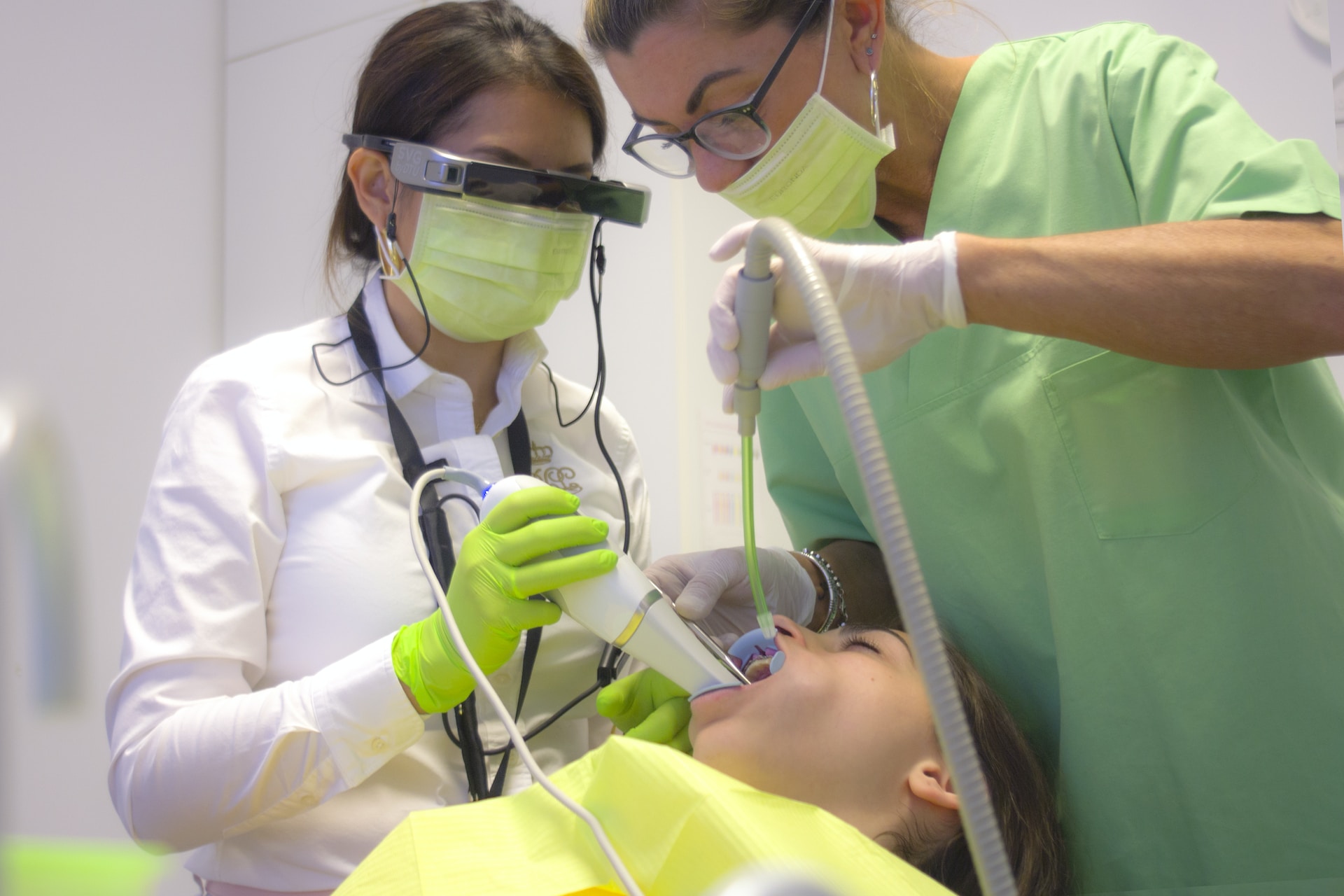Root canals are a dental procedure that many people associate with adults. However, children may also need root canals due to various reasons.
In this article, we will discuss the causes of why children may need root canals and the treatment options available.
The Causes of Root Canals in Children
-
Tooth Decay
Tooth decay is a common cause of root canals in children. When a tooth is damaged by decay, the bacteria can reach the pulp of the tooth, which can lead to an infection. In such cases, a root canal may be necessary to save the tooth by removing the infected pulp.
-
Trauma
Trauma to the tooth, such as a fall or a blow to the face, can also cause the need for a root canal. When a tooth is injured, the pulp can become damaged or exposed, leading to infection. If left untreated, this can cause a tooth abscess or even bone loss.
-
Genetics
In some cases, children may be born with faulty tooth enamel or other dental problems that can lead to the need for a root canal. These genetic factors can make teeth more susceptible to decay and infection.
The Treatment Options for Root Canals in Children
-
Pulpotomy
This is a type of root canal that is often used in children. During this procedure, the damaged or infected pulp is removed from the crown of the tooth, but the root is left intact. This procedure is often used on baby teeth, as they will eventually fall out, and the root will be resorbed by the body.
-
Pulpectomy
A pulpectomy is a more extensive root canal procedure that involves removing the entire pulp, both in the crown and root of the tooth. This procedure is typically used on permanent teeth and is required when the infection has spread to the root of the tooth. Once the pulp is removed, the tooth is filled with a material called gutta-percha, which seals the root canal.
-
Extraction
In some cases, a root canal may not be possible, or the tooth may be too damaged to save. In these situations, the tooth may need to be extracted. The dentist will remove the tooth and may recommend a dental implant or bridge to replace the missing tooth.
-
Sedation
Children may be anxious or fearful about dental procedures, including root canals. To help them relax and feel more comfortable, sedation may be used. Sedation can range from nitrous oxide (laughing gas) to general anesthesia, depending on the child’s needs and the complexity of the procedure.
Post-Procedure Care
After a root canal, it is essential to care for the tooth properly. The treated tooth may be sensitive for a few days, and the child should avoid hard or sticky foods that can damage the tooth. The child should also continue to brush and floss regularly to maintain good oral hygiene. The dentist may recommend a follow-up appointment to check on the tooth and ensure that it is healing properly.
Conclusion
While root canals in children may seem daunting, they are often necessary to save a damaged or infected tooth. Understanding the causes of root canals in children and the treatment options available can help parents make informed decisions about their child’s dental health.
If you suspect that your child may need a root canal, speak to a dentist who can evaluate the situation and recommend the best course of action.
If you are looking for a dental clinic that specializes in root canal in Manassas, VA, look no further than our expertise here at Galleria Dental Arts. We provide quality dental care to patients in the Manassas and Northern VA areas, focusing on a comprehensive approach to oral health. Call us today to book your very first dental appointment with us.





